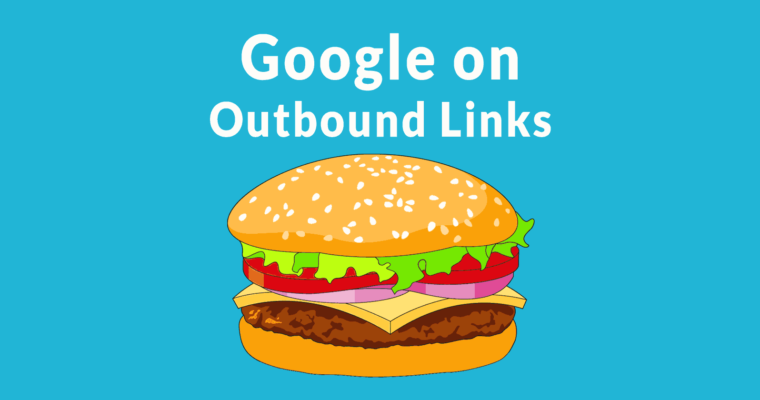 ‘ );
‘ );
h3_html = ‘
‘+cat_head_params.sponsor.headline+’
‘;
cta = ‘‘+cat_head_params.cta_text.text+’→‘
atext = ‘
‘+cat_head_params.sponsor_text+’
‘;
scdetails = scheader.getElementsByClassName( ‘scdetails’ );
sappendHtml( scdetails[0], h3_html );
sappendHtml( scdetails[0], atext );
sappendHtml( scdetails[0], cta );
// logo
sappendHtml( scheader, ” );
sc_logo = scheader.getElementsByClassName( ‘sc-logo’ );
logo_html = ”;
sappendHtml( sc_logo[0], logo_html );
sappendHtml( scheader, ” );
if(“undefined”!=typeof __gaTracker){
__gaTracker(‘create’, ‘UA-1465708-12’, ‘auto’, ‘tkTracker’);
__gaTracker(‘tkTracker.set’, ‘dimension1’, window.location.href );
__gaTracker(‘tkTracker.set’, ‘dimension2’, ‘seo’ );
__gaTracker(‘tkTracker.set’, ‘contentGroup1’, ‘seo’ );
__gaTracker(‘tkTracker.send’, { ‘hitType’: ‘pageview’, ‘page’: cat_head_params.logo_url, ‘title’: cat_head_params.sponsor.headline, ‘sessionControl’: ‘start’ });
slinks = scheader.getElementsByTagName( “a” );
sadd_event( slinks, ‘click’, spons_track );
}
} // endif cat_head_params.sponsor_logo
Google launched a new video series that answers a single question. The first episode was about links but in my opinion it did not adequately answer the question.
The question is:
“Does linking to other websites help or hurt SEO?”
The SEO community has thought of outbound links as ranking signals since at least 2002. I hope to show you how and why outbound links for SEO was invented.
Algorithms from before Google existed used outbound links to calculate something called a hub score. Because of that, the SEO community latched onto outbound links as a way to help a site rank better. That is the origin of the practice.
In 2002, Brett Tabke (founder of PubCon) wrote the article that became the foundation for modern SEO. That article launched modern SEO.
The article was titled, Successful Site in 12 Months with Google Alone I strongly urge you to read that article, it’s an amazing document that formed the basis of modern SEO.
Here is what Brett Tabke advised about outbound links:
“G) Outbound Links:
From every page, link to one or two high ranking sites under that particular keyword. Use your keyword in the link text (this is ultra important for the future)”
This is the background information behind the question, Does linking to other websites help or hurt SEO?
We already know that some links will hurt your SEO. What we really want to know, and what John Mueller did not address, is if outbound links help SEO.
He answered that outbound links helped users. But that answers if outbound links help users and that was not the question.

Screenshot of Google’s John Mueller in a new video series that answers a single question.
Here is what John Mueller said:
“Linking to other websites is a great way to provide value to your users. Often times, links help users to find out more, to check out your sources and to better understand how your content is relevant to the questions that they have.”
That’s it. Mueller’s answer said nothing about whether it helps your SEO. He answered whether it helps users.
Doing things that helps users makes the users enthusiastic for that page. Indirectly that can lead to links.
But that’s not an answer to the question, do outbound links help a page rank better. Mueller did not answer that.
If are interested in an answer that addresses the nuances that are missing from John Mueller’s video, read How Outbound Links May Affect Rankings
Outbound Links to Watch Out For
Google’s John Mueller reiterated the well known advice to avoid linking out to advertisers and through untrusted comments. He also advised against reciprocal links.
Here is what John Mueller advised:
“I would watch out for a few types of links, though. In particular, if you’re linking out to a site because of an arrangement like “You link to me and I’ll link to you.”
Or because it’s an advertisement or if it’s being done in your site’s comments and you’re not really sure how good those links are.
In all of these situations your pages aren’t linking out because you think the other page is a great match for users.
For these kinds of links we recommend using the rel nofollow link attribute.
In the most common cases however if you’re linking out naturally from your content to other sites that offer additional value and more context then that’s fine and there’s nothing special that you need to do.”
There are three issues with outbound links that Mueller avoided answering:
1. In my opinion Mueller missed an opportunity to address a longstanding SEO myth about outbound links being a ranking factor.
2. It could be that a link on a page says something about that page. But John Mueller didn’t address that.
3. Some people state that you should link to a .edu or .gov web page that it will help that page rank. I believe that’s a myth but Mueller missed the chance to address it.
This video reminds me of a popular television commercial for a burger chain, where a senior citizen opens the bun of a competitor’s hamburger to find a dime size patty and asks, “Where’s the beef?”
Constructive Criticism
This article is written from the point of view of constructive criticism. I am a fan of Google and greatly admire the work John Mueller does to bring useful information. This video however misses the high bar that Google has set for itself. I sincerely hope Google does better in future editions.
If you are interested in an answer with nuance, read How Outbound Links May Affect Rankings
If you want to watch a video that tells you what’s good for site visitors but avoids answering if outbound links are good for SEO, watch Linking Out: Good for SEO?
Article source: https://www.searchenginejournal.com/google-outbound-links/318509/
